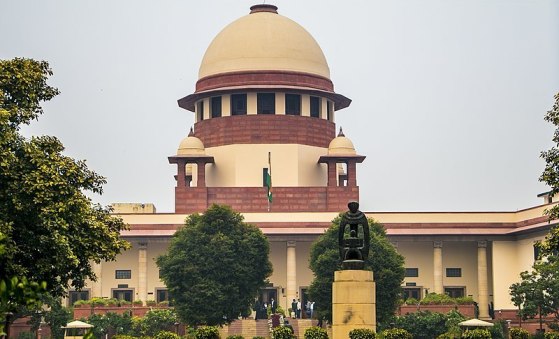
What does Easter mean? Let me suggest three things that we all need to know and need to remember.
First, Easter is about God's involvement with us. Some people believe in a God who is like some orbiting satellite, floating high above the earth and viewing us all with curiosity but no concern.
The God of the Bible is not like that. At Christmas we see how God's love for the human race compelled him to become one of us in Jesus, but at Easter we see how deep that love made him go. Here Jesus descends to the worst depths of human experience; he is betrayed, abandoned by friends, given a sham trial, tortured and then brutally executed.
He is not like some celebrity who, in the face of a tragedy, turns up for two minutes, poses for a brief video clip and is then helicoptered away. Jesus is described as 'Emmanuel: God with us' (Matthew 1:23) and Easter reminds us that he didn't opt out from being 'with us' when things got tough.
In these days it's thought-provoking that in his crucifixion Jesus would have experienced painful isolation – 'My God, my God, why have you forsaken me?' (Matthew 27:46) – that he died in agony and was buried in haste. It is a reminder that we have a God who, in Jesus, became totally involved in our world, from accepting a birth in poverty to enduring a death in cruelty.
If you are not yet a believer in Jesus, then this is the God who invites you to know him. If you are a believer, then be comforted: in whatever situation you find yourself, Jesus remains close to you. He is involved in all we are and all we suffer.
Second, Easter is about God's intervention for us. The good news of Christianity is that God did more than just come alongside us in the darkness of life; he did something about it. Easter is all about how God intervened in the brokenness of our lives in this world in order to redeem and restore it. At the heart of that intervention for humanity is Jesus' death. On the cross, he grappled with all that is evil and absorbed it into himself. It is as if, in dying, Jesus created a spiritual black hole that drew in and neutralised all those 'viruses' that wreck lives: sin, guilt, evil and even death itself.
The Easter story comes in two parts and we cannot linger on Good Friday. Part One ends with a hurried burial that appears to be, most definitely, the end. But there is Part Two: on the Sunday we see Jesus risen from the dead – not just alive but as life itself. It is the proof that Jesus didn't just grapple with evil but triumphed over it. In his death, death died.
If you are not yet a believer in Jesus, then this is the heart of the matter: an intervening God who takes the sin, guilt and pain that you cannot bear and bears it himself at the cross. And if you are a believer, then be comforted: in whatever situation you find yourself, Jesus is victorious over the worst this world can throw at you.
Finally, the real Easter is about God's invitation to us. Wonderfully, God became involved in the human race and intervened for all of us. Yet the important and unmissable part of the Easter story is that it is not merely about humanity in general; it is about you in particular. Jesus offers each one of us an invitation. It is an offer to let him intervene on our behalf, to take our sin and guilt. It is an offer to know the power, love, joy, peace and hope of the resurrection that we all need at this time. It is an invitation that demands a response from you and me.
This Easter, why not accept it? And if you have already accepted it, can I just encourage you to trust in it. Let the Easter message that Jesus has died and risen from the dead be with you in all you do. Can I encourage you to receive Jesus Christ or reaffirm your faith by praying this prayer:
Dear Jesus, thank you for dying on the cross for me. I believe you are alive today and you are Lord and God.
Please forgive all my sins and guilt and cleanse me from all the wrong I have ever done.
Set me free from the past. I invite you into my life by your Holy Spirit. Fill me with your power, presence and peace.
Help me from this day on to follow you.
I pray this prayer in Jesus' name. Amen.
If you prayed this prayer, Jesus has not only heard it but answered it. I encourage to click here to read my booklet Making the Connection which will reinforce what I have explained here and give you some advice for the future.
Grace and Peace.
Rev Canon J John is an evangelist and the director of the Philo Trust. Find him online at www.canonjjohn.com




